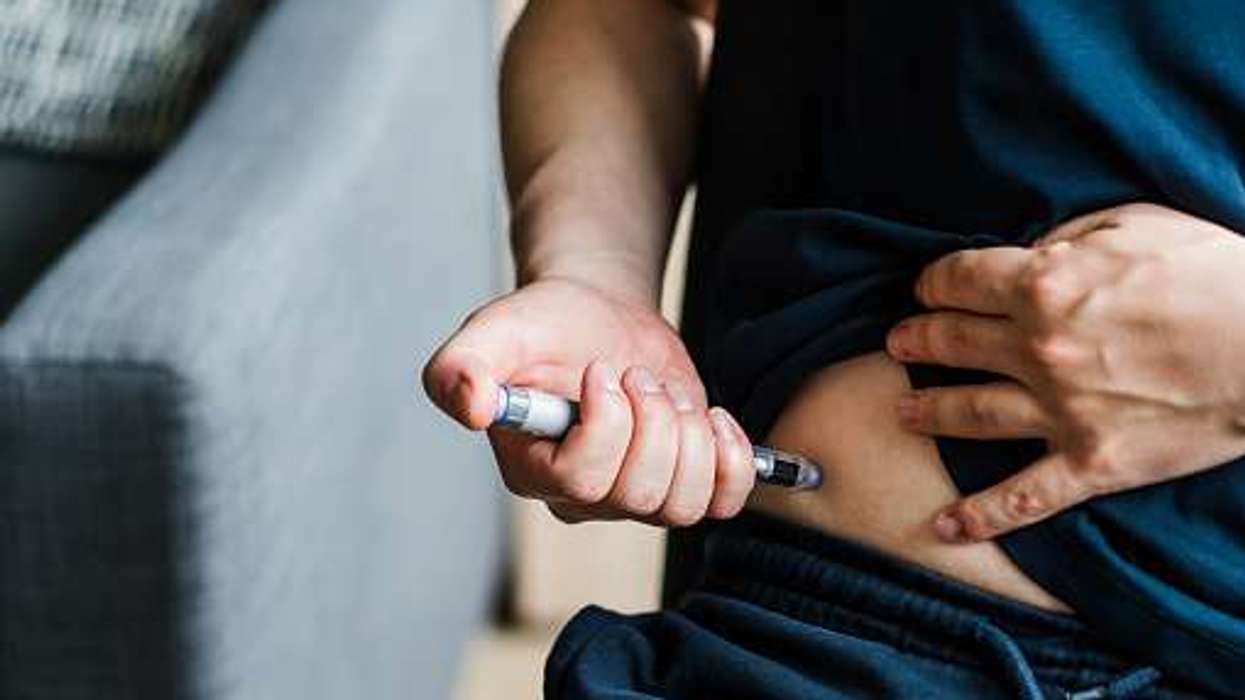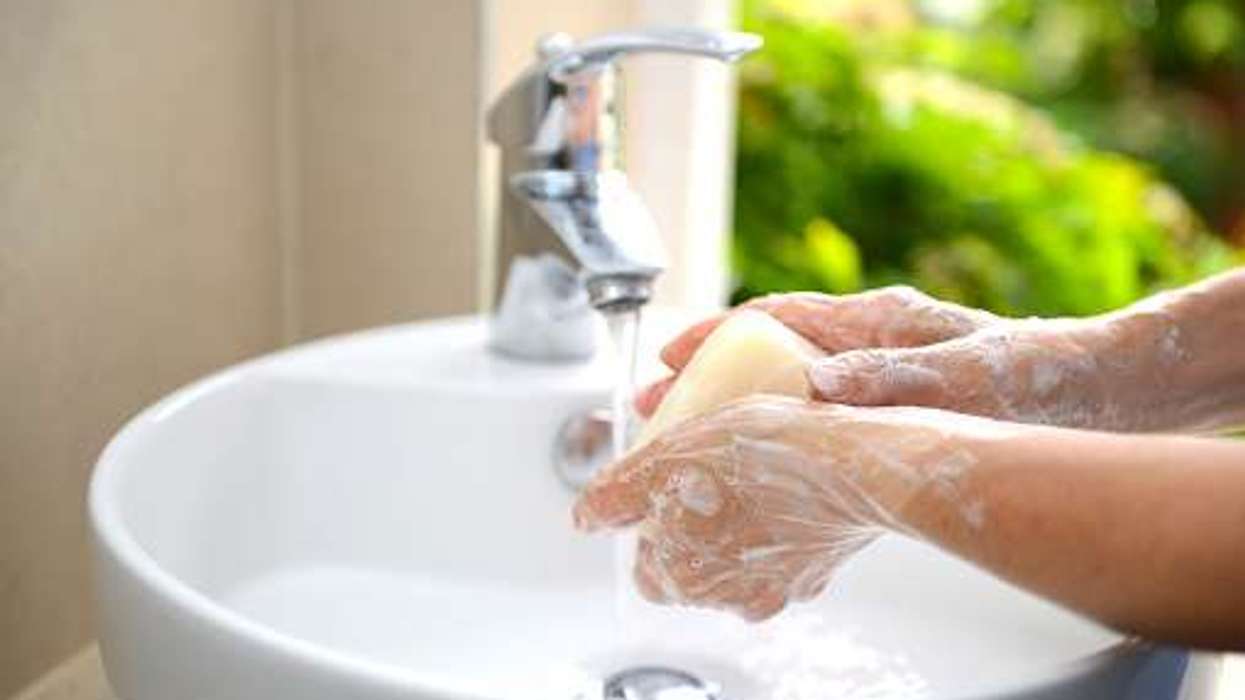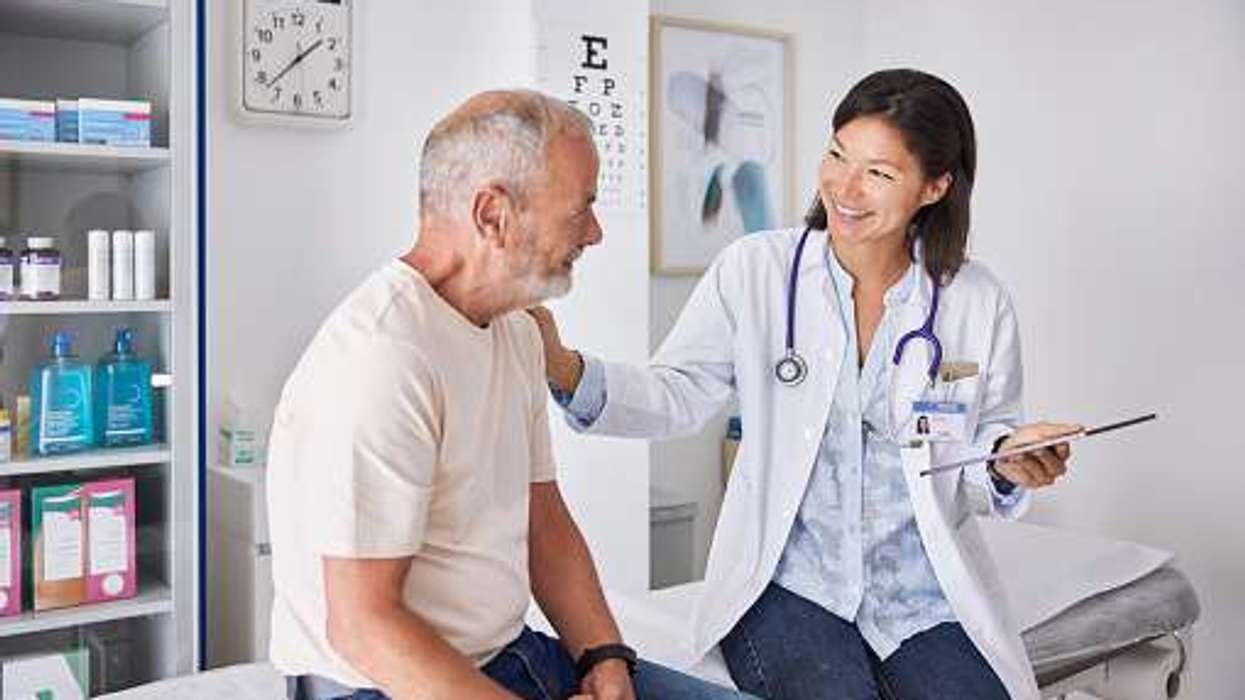The Medicines and Healthcare products Regulatory Agency (MHRA) has approved the Moderna Covid-19 vaccine for children aged 12 to 17, after previously giving the green light to Pfizer.
The medicines watchdog said in a statement on Aug 17 that the jab was "safe and effective in this age group".
But it added it would now be up to government advisory body the Joint Committee on Vaccination and Immunisation (JCVI) to recommend whether to start giving the jab.
Britain began its mass vaccination programme in December last year and has to date seen nearly 90 percent of all adults receive a first dose.
More than three-quarters (77 per cent) have had two doses -- a factor in the government lifting all remaining legal coronavirus restrictions in England on Monday.
Health officials say vaccination has contributed to a fall in hospital admissions with more serious cases of Covid, even though infection rates have risen.
Earlier this month, the government said it would offer jabs to all 16 and 17 year olds but unlike other countries, held off rolling out the programme to younger children.
The JCVI said only 12 to 15 year olds deemed vulnerable should receive a vaccine -- a more cautious approach than in the United States and the European Union.
They, as with older teens that are eligible, are being given the Pfizer/BioNTech shot.
The government has set a target of giving a first dose to 16 and 17 year olds by August 23, to give them some protection before the start of school in England and Wales in September.
Dr June Raine, MHRA Chief Executive, said: "I am pleased to confirm that that the Covid-19 vaccine made by Moderna has now been authorised in 12-17 year olds. The vaccine is safe and effective in this age group.
"We have in place a comprehensive safety surveillance strategy for monitoring the safety of all UK-approved Covid-19 vaccines and this surveillance will include the 12- to 17-year age group.
"It is for the Joint Committee on Vaccination and Immunisation (JCVI) to advise on whether this age group should be vaccinated with the Covid-19 vaccine made by Moderna as part of the deployment programme."











